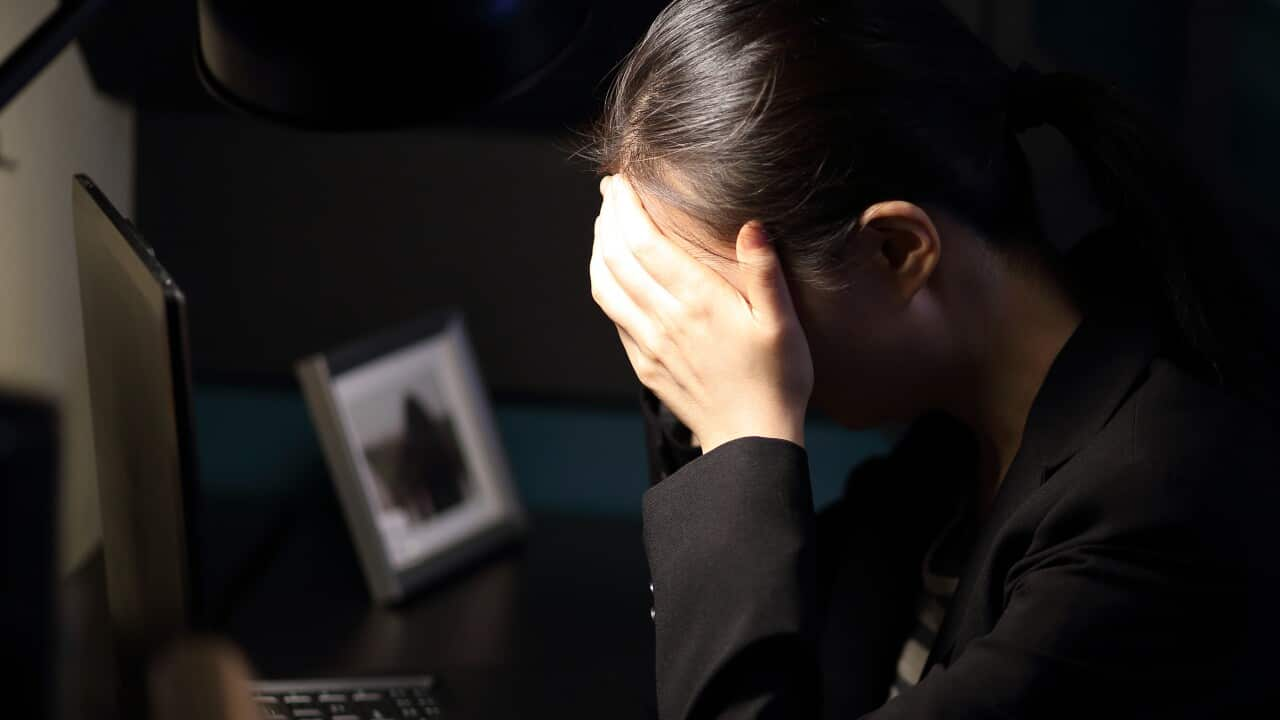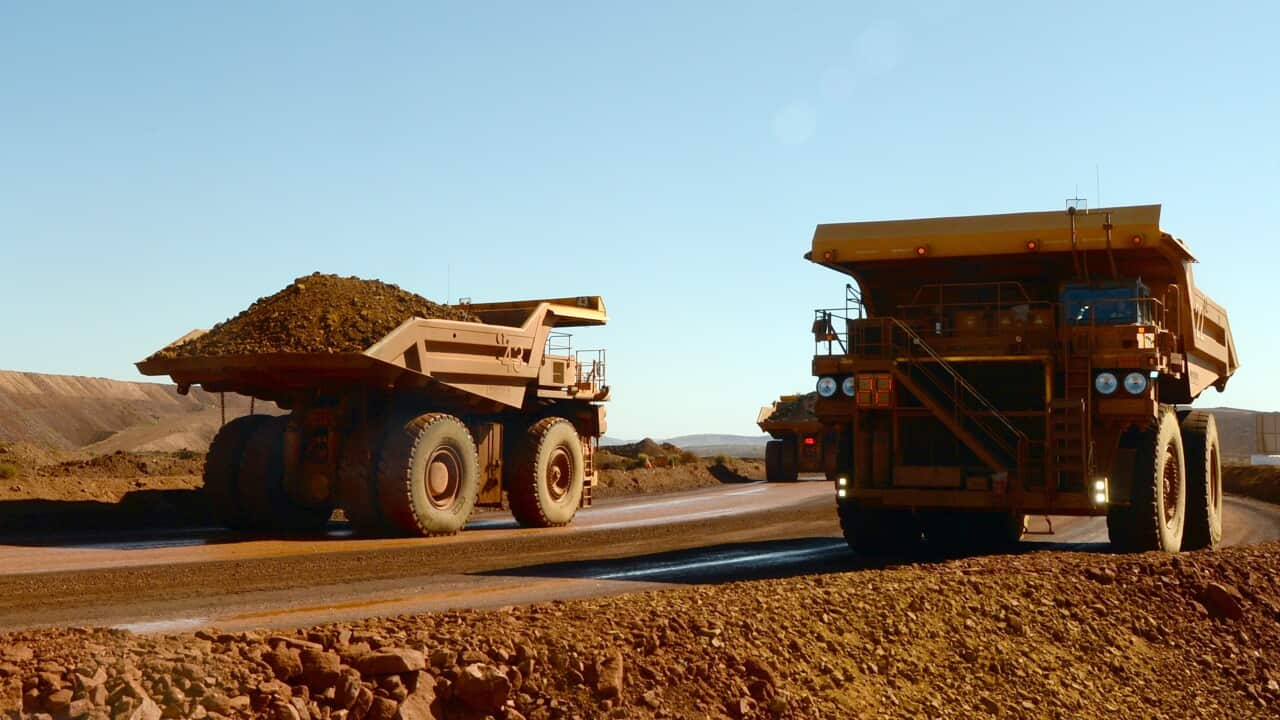Key Points
- A national survey will highlight the experiences of migrant and refugee women in Australian workplaces.
- The new project comes after the Respect@Work report signified the need for more research on CALD people.
This story contains references to sexual harassment.
Migrant and refugee women in Australia are being called on to share their experiences of sexual harassment in the workplace in a first-of-its-kind national survey.
Monash University on Tuesday in partnership with not-for-profit organisation Harmony Alliance, which works to elevate the voices of migrant and refugee women in Australia.
The project will place a national spotlight on the voices of migrant and refugee women at work following — and separate from — the Respect@Work report, released by the Australian Human Rights Commission in 2020.
Respect@Work found that .
Described as "shocking" Kate Jenkins, Australia's sex discrimination commissioner and leader of the inquiry, Kate Jenkins, it found that at face value that there was "no significant difference" in the prevalence of sexual harassment of those who spoke English at home, compared to those who spoke a different language.
But results were skewed due to fewer people from cultural and linguistically diverse backgrounds conducting the survey because of a likely inability to access it.
The report also revealed that there was little existing data for Australians from culturally and linguistically diverse (CALD) backgrounds.
One of the report's 55 recommendations to the government was to conduct a more enhanced national survey that better captured the voices of CALD people.
"Migrant and refugee women remain largely overshadowed in major national studies and national commitments to ending sexual harassment in the workplace," said lead researcher Associate Professor Marie Segrave from the Monash Gender and Family Violence Prevention Centre.
“Nearly half of the adult population in Australia are overseas-born citizens, permanent residents and temporary visa holders. It is critical we understand what they are facing and how we can better support them.”
In April last year, the then-Coalition government accepted Ms Jenkins' recommendation and allocated funding for a survey to would capture the experiences of people from CALD backgrounds.
Harmony Alliance chair Nyadol Nyuon praised the victim-survivors of the Respect@Work report that allowed Australia to have the "conversations we need to have about sexual harassment in the workplace".

Nyadol Nyuon is the chair of Harmony Alliance. Credit: Women's Agenda
Padma Raman, CEO of Australia's National Research Organisation for Women's Safety, said while it is known that migrant and refugee women are disproportionately affected by sexual harassment at work, this project provides a more tailored approach to targeting and remedying the problem.
"This research will help us develop more effective and culturally safe strategies to prevent and respond to it," she said.
The project will feature an online survey, interviews and consultations with female leaders across varying levels of English language proficiency, citizenship or visa status, employment status and work settings.
If you or someone you know is impacted by sexual harassment or assault, call 1800RESPECT on 1800 737 732 or visit . In an emergency, call 000.











